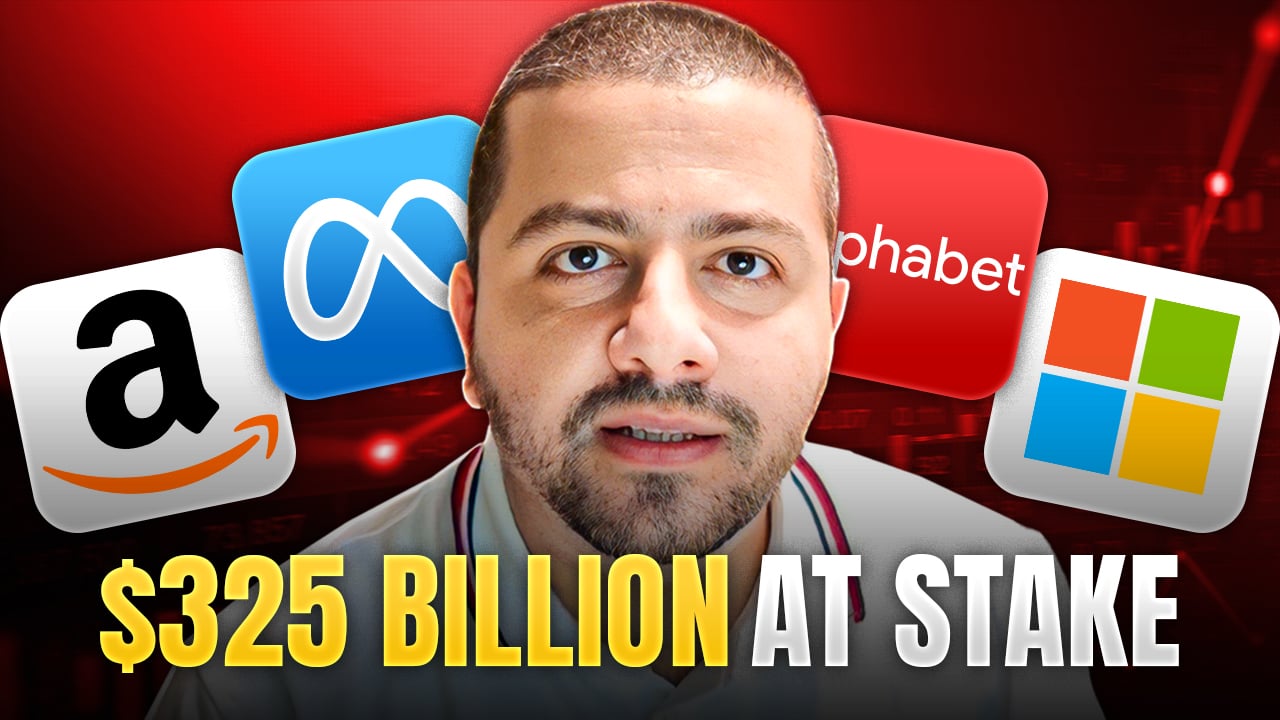Legitimate questions were raised when Facebook (FB +0.51%) shelled out a whopping $19 billion for cross-platform, mobile messaging king WhatsApp. For what is essentially a non-monetized service, with plans to stay that way according to both WhatsApp and Facebook execs, bringing WhatsApp in-house left many investors scratching their heads. Of course, with the run Facebook has been on the last year, Facebook CEO Mark Zuckerberg and team have earned the benefit of the doubt, at least for now.
With that said, there should be no questions -- though, of course there are -- about Facebook's decision to invest $2 billion in virtual reality headgear manufacturer Oculus. The potential for Facebook of incorporating virtual reality applications are enormous, and the deal for Oculus could prove to be a game-changer as the social media king continues pushing for more, and more diverse, revenue streams.
Who are these guys?
Oculus builds and sells a virtual reality headset called Rift, and it just recently celebrated its one-year anniversary of its first dev kit for Rift. The relative infancy of Oculus and its technology -- the company itself is only two years old -- is why some analysts have questioned the price Facebook paid. Of course, near-term thinking is what analysts get paid for.
Oculus has already received over 75,000 orders for its Rift dev kit, most of which are used by gamers, which dovetails perfectly with Facebook's push to generate more game revenue. But the Oculus acquisition doesn't start and end with games. Facebook said it envisions Oculus technology being used "to extend Oculus' existing advantage in gaming to new verticals, including communications, media and entertainment, education and other areas."
Facebook's gone so far as to suggest that Oculus and its virtual technology are "strong candidates" to emerge as the next social media and communications platform. Is Zuckerberg talking about changing social media as we know it by the end of the week? Of course not. While the potential impact on Facebook gamers is evident, incorporating virtual reality into day-to-day Facebook usage is years down the line, and Zuckerberg's opted to get ahead of the curve, just as he should.
Not surprisingly, the notion that virtual reality is a good five years from really having an impact on social communications in general, and Facebook in particular, is another issue brought up by naysayers. But as too many IT companies slow to transition to mobile can attest, waiting for a burgeoning technology to go mainstream before getting on board can be a disaster.
The deal
Of the $2 billion Facebook is ponying up for Oculus, about $1.6 billion is in stock -- 23.1 million shares with an average trading price of $69.35 a share for the 20 trading days leading up to March 21 -- and the remaining $400 million in cash. With $11.45 billion in cash and equivalents at the end of last quarter, Facebook can certainly afford it.
The deal also includes the potential for another $300 million payout of cash and stock for Oculus, based on reaching "certain milestones."
The upsides
Zuckerberg hit the Oculus acquisition on the head by saying, "Mobile is the platform of today, and now we're also getting ready for the platforms of tomorrow." Regarding the impact of virtual reality on Facebook game revenue, "tomorrow" could be here before you know it. As alluded to in a recent article, Facebook is going full-throttle to generate more game revenue, and the Oculus deal fits perfectly.
Increasing game revenues are great, and reason enough to acquire Oculus, as are potential advertising opportunities. Picture product placements, much like in big-budget movies, littered throughout a gamers experience. The possibilities are endless.
Revenue opportunities aren't the only upside to the Oculus deal. Preparing for the next-generation social platform today, rather than a couple years from now, speaks volumes about Facebook and how it's positioning itself in the market. Leaders dominate markets, not followers, and the Oculus acquisition makes it clear which side of the fence Facebook has decided on.






